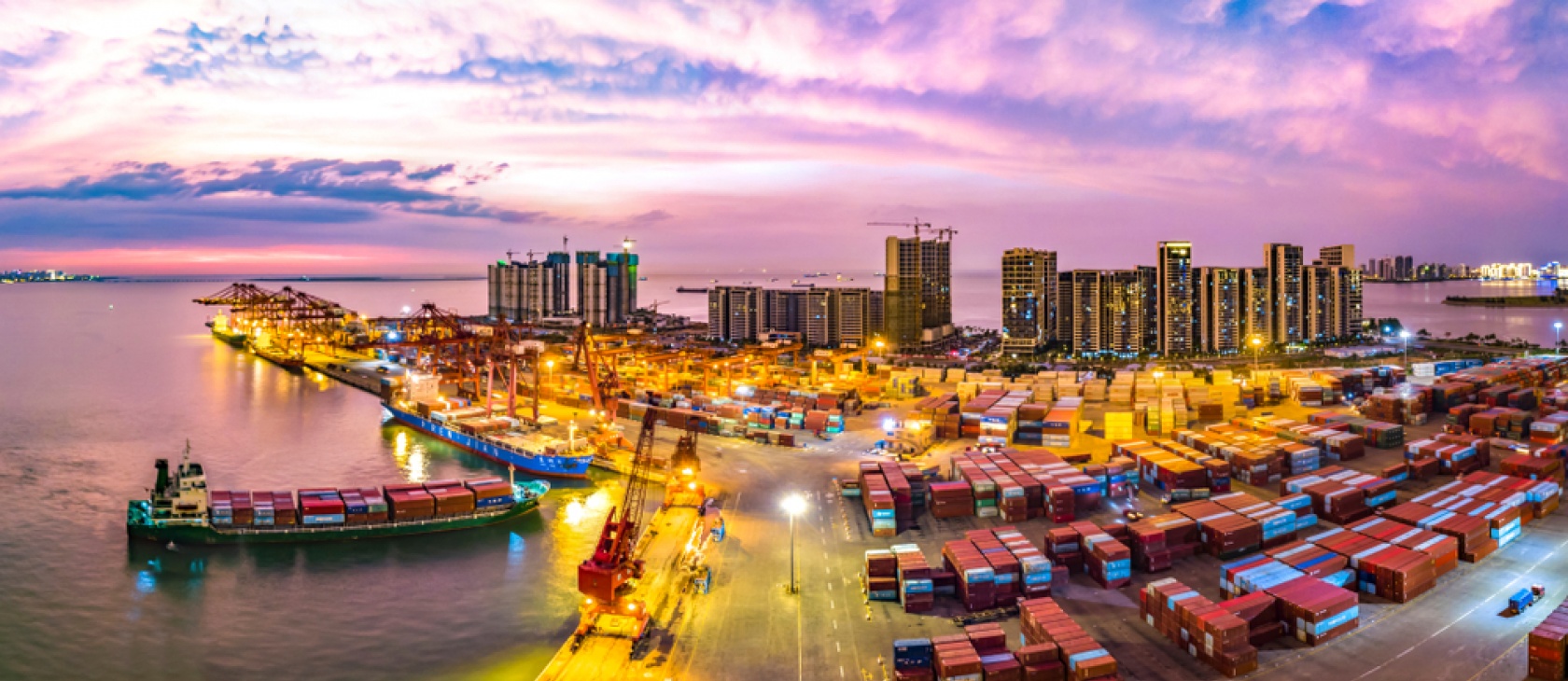Globalization has emerged as a new paradigm for describing the way in which the human family can relate to each other. Globalization is the increased interconnectedness of all peoples on the face of the earth. We can now more easily, rapidly, and cheaply move, and thus share, ourselves, our consumer goods, our material and human capital, and the values that comprise our respective cultures. Our ever-increasing ability to share our God-given and complementary gifts with one another holds with it the possibilities of enlarging the scope of our communion and solidarity.
The technological revolution and social dimensions of modernity have made this increased interconnectedness possible. Advancements in technology have made quick and radical improvements in communication and transportation capabilities. The social dimension of modernity contributes the assertion that because all men and women are equally valuable, they should be free from unfulfilling constraints imposed by other persons or the state. These technological capacities and the freedom to develop and use them promise to enhance the potential for integral human development by promoting authentic development in at least the areas of economics, politics, and culture. In economics, globalization broadens the free market to include many nations to which it had not previously reached. Improvement in the political arena is recognized in a newfound permeability of borders that allows for an exchange of information that can undermine the power of abusive regimes. The effects of globalization on culture – society’s shared idea of human good and morality – can also be positive in that never in history have these societal ideas and cultural characteristics been so easy to share.
Resulting from human sinfulness, however, our increasing interconnectedness also holds great potential for offenses against human dignity. Greater economic development means a greater need for additional capital. Businesses or states can raise capital through borrowing or “foreign direct investment.” Corruption, incompetence, or circumstance may cause business or state revenues to be lower than expected and result in a debt repayment crisis that may lead to austerity measures that disproportionately benefit creditors and hurt the poor. “Foreign direct investment” may promote conditions that allow for dispersed, non-localized ownership and management of the market franchise. Globalization also poses immense long-term challenges for culture. Because widespread skepticism now exists about whether universal and timeless truths exist, cultural freedom can be abused. The weak who seem to have little to offer culture – the poor, the unborn, the elderly, and the disabled – become a burden to be marginalized, limited, and even destroyed instead of being recognized as persons worthy of respect and solidarity.
So, what can believers offer to the globalization process? One of the great resources Christianity brings to the mission of ensuring that globalization serves the human person is its universality. We can be more fully extended throughout the entire world, allowing its truth to be brought more completely to the human family. That truth and the community around it embolden us to proclaim unequivocally the absolute dignity of all human persons. The challenge before us now is to use our information and network effectively to develop apologetics that will positively influence the carriers of today’s culture.




